fact

Seize the Fire: Heroism, Duty, and the Battle of Trafalgar
October 21, 2005, marked the 200th anniversary of the great naval battle of Trafalgar, an engagement in which Admiral Nelson and the British fleet ended Napoleon’s dream of invading England by crushing the French and Spanish fleets off the southwest

Reading Writing
The French writer Julien Gracq, who will be ninety-seven this year, is a living link to the era of Louis Aragon and André Breton. Gracq has avoided the kind of recognition that most modern writers crave (he refused the Prix Goncourt in 1951), and his body of work is little known on this continent.

Rainer Maria Rilke and Lou Andreas-Salomé: The Correspondence
Rainer Maria Rilke and Lou Andreas-Salomé: The Correspondence (Norton) collects all of the extant letters exchanged by Rilke and Andreas-Salomé , a patron and fellow author, and (as the jacket copy describes her) “a key fin de siècle intellectual.”
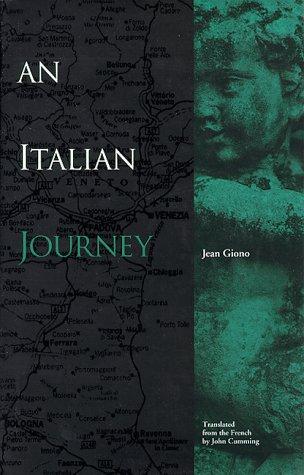
An Italian Journey
Henry Miller named Jean Giono as one of the writers he most admired (a list that includes Knut Hamsun, Blaise Cendrars, and Fyodor Dostoevsky). Giono, who lived most of his life in Manosque, the small Provençal town where he was born, begins An Italian Journey by admitting that he is not a traveller.

What Day It Is
Among the people who live outside the Dominion building in downtown Vancouver, across the street from the cenotaph at Victory Square, is a woman who might be in her late forties and who occasionally turns up in a wedding dress. I’ve never seen her speak to anyone. She simply walks up and holds out her empty hand toward you.

The Unremembered Man
Who today remembers the man who carried Einstein’s head in a box through the streets of Vancouver? We remember clearly the box (dark wood, varnished, the door on brass hinges: what about the latch?) with Einstein’s head in it, a plaster model (was it plastic, perhaps? modelling clay? plasticine?)

Spot Fire
I am down in the cabin and Ross, who is eighty feet up in the fire tower, sees smoke. He tries to report it but his radio isn’t working and nobody can understand him. They phone him back on the cell: does he need the water bombers? He says no, it’s just a spot fire. In that moment a huge gust of wind blasts through the cabin, blows a towel off a rack, slaps it against the valve of the water cooler and turns on the water.

Indochine
Vientiane, the capital of Laos, is a fading one-time French colonial outpost on a spot where a bend in the Mekong River makes room for a large tear-shaped island directly opposite the centre-ville, which runs only far enough back from the riverbank to allow a few commercial streets. The new bridge to Thailand is a short distance way. Thai-style wats and other temples, minor and major, are everywhere.

Hiatus
During the hiatus, a man in a black suit appeared in the Geist Gallery in Toronto and identified himself as a builder of ornithopters, or perhaps he said he was a promoter of ornithopters (this was during the hiatus, when nothing was clear; in any event his field was ornithoptery). I couldn’t remember what an ornithopter was but I could see one in my mind: the question was, what did an ornithopter do? The ornithopter man was accompanied by a well-dressed woman who never stopped smiling.

Gangly Man
I don’t take public transit very often, which is a failing—not just environmentally, but also personally, because sometimes that forced contact with the rest of the populated world can be profound. In Japan, many years ago, I was trapped in the small space between train cars by a crowd of schoolboys; my claustrophobia reached such a level that one leg began to judder up and down like the needle on a sewing machine, and the only thing that prevented me from climbing out over the tops of my fellow passengers’ heads was the gaze of a man about a foot away who conveyed calm to me by keeping his eyes trained on mine.

Happy Hearts
A series of lucky events seemed to conspire to bring me to Stettler, Alberta, one day in June 1998. Jennifer, the woman who was in between being my roommate and my girlfriend, was at the Banff Centre and I was on my way there from Saskatoon, where we lived. She had left me fifty dollars for gas so I could pick her up after her workshop, and I had accepted, hoping that when the time came I wouldn’t need it and I could give it back. I did need it, of course. I had been waiting for a cheque to come from the Globe and Mail for one of a series of drawings I was doing for them, and when it was time to leave, the cheque still hadn’t arrived. So I set out from Saskatoon with just a tank of gas and the fifty dollars.

Freewriting
Mary Meigs and her friend Lise Weil, editor of Beyond Recall, met regularly to do freewriting together. For each exercise they chose a line or phrase from the work of a poet they both admired; then, inspired by that "prompt," both women wrote for five or ten minutes, recording whatever came to mind (and hand).

Seize the Fire: Heroism, Duty, and the Battle of Trafalgar
October 21, 2005, marked the 200th anniversary of the great naval battle of Trafalgar, an engagement in which Admiral Nelson and the British fleet ended Napoleon’s dream of invading England by crushing the French and Spanish fleets off the southwest

Reading Writing
The French writer Julien Gracq, who will be ninety-seven this year, is a living link to the era of Louis Aragon and André Breton. Gracq has avoided the kind of recognition that most modern writers crave (he refused the Prix Goncourt in 1951), and his body of work is little known on this continent.

Rainer Maria Rilke and Lou Andreas-Salomé: The Correspondence
Rainer Maria Rilke and Lou Andreas-Salomé: The Correspondence (Norton) collects all of the extant letters exchanged by Rilke and Andreas-Salomé , a patron and fellow author, and (as the jacket copy describes her) “a key fin de siècle intellectual.”

An Italian Journey
Henry Miller named Jean Giono as one of the writers he most admired (a list that includes Knut Hamsun, Blaise Cendrars, and Fyodor Dostoevsky). Giono, who lived most of his life in Manosque, the small Provençal town where he was born, begins An Italian Journey by admitting that he is not a traveller.
.svg)
Reading at a Time of Catastrophes
A few years after Kafka’s death, Milena, the woman he had loved so dearly, was taken away by the Nazis and sent to a concentration camp. Suddenly life seemed to have become its reverse: not death, which is a conclusion, but a mad and meaningless state of brutal suffering, brought on through no visible fault and serving no visible end. To attempt to survive this nightmare, a friend of Milena devised a method: she would resort to the books she had read, stored in her memory.
.svg)
Reading Up on War
Many years ago my father-in-law, who had been a British prisoner of war in Japan, gave me a small pocket anthology, The Knapsack, edited by the undeservedly forgotten Herbert Read. The book (which I have since passed on to my daughter) had been put together for the Ministry of War to be given to its soldiers: its proclaimed intention was "to celebrate the genius of Mars." Surprisingly, however, the general tone of the anthology was above all elegiac.





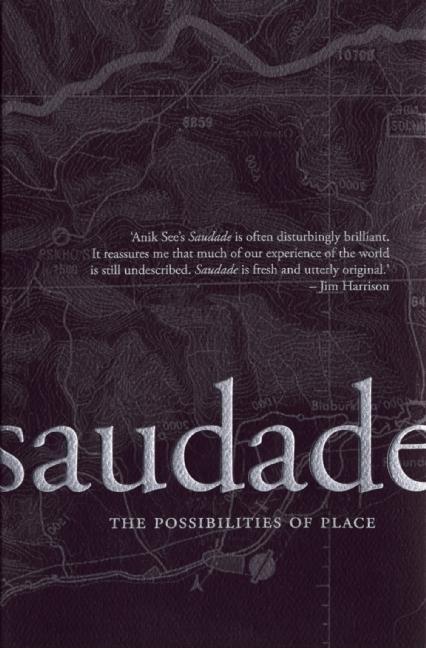

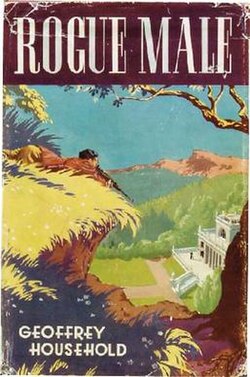
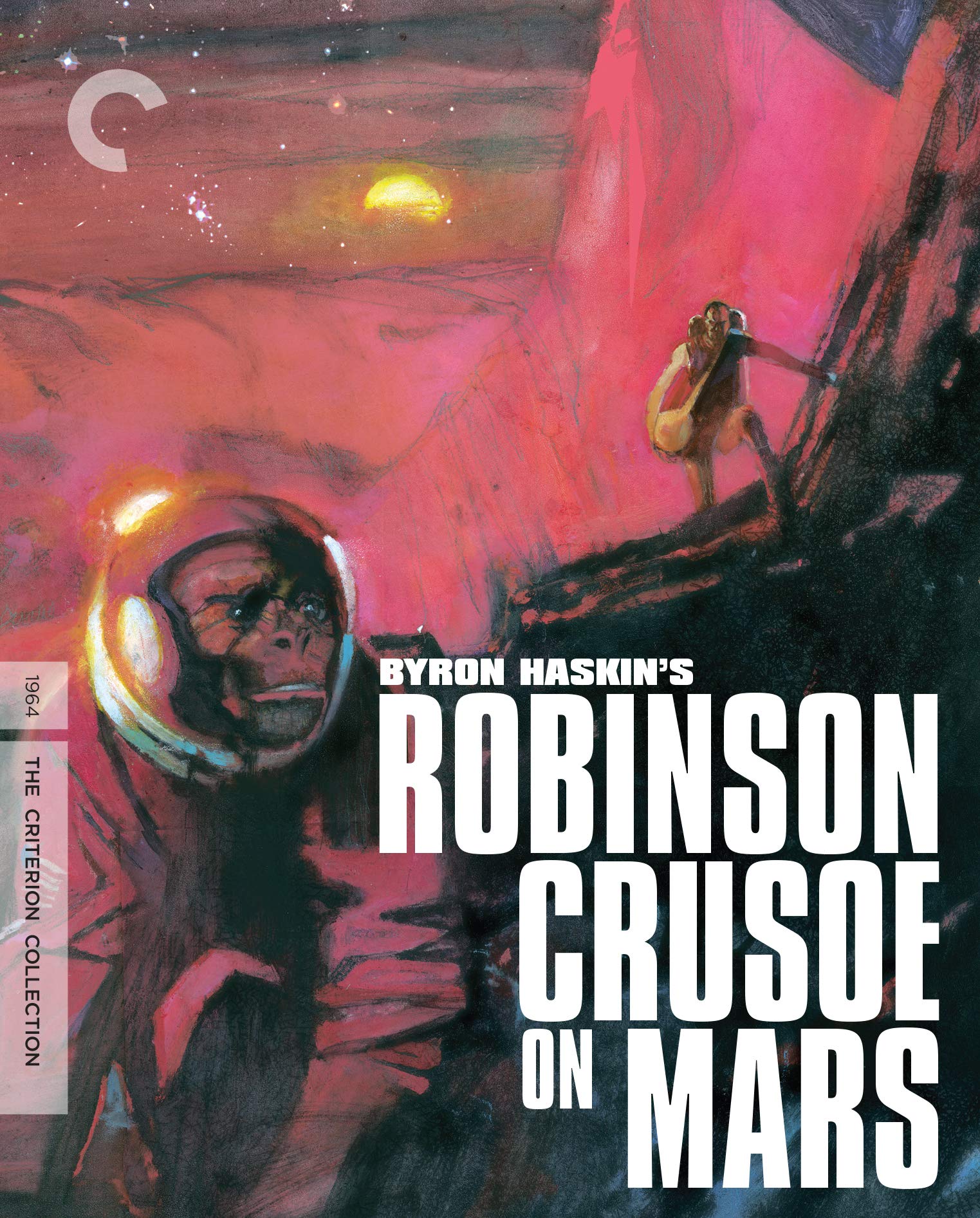
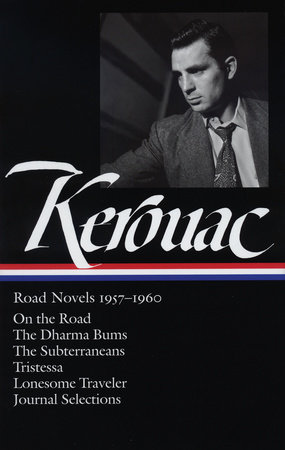

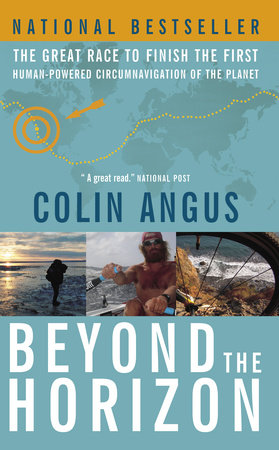









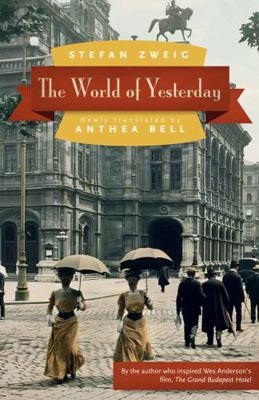

.png)
.png)
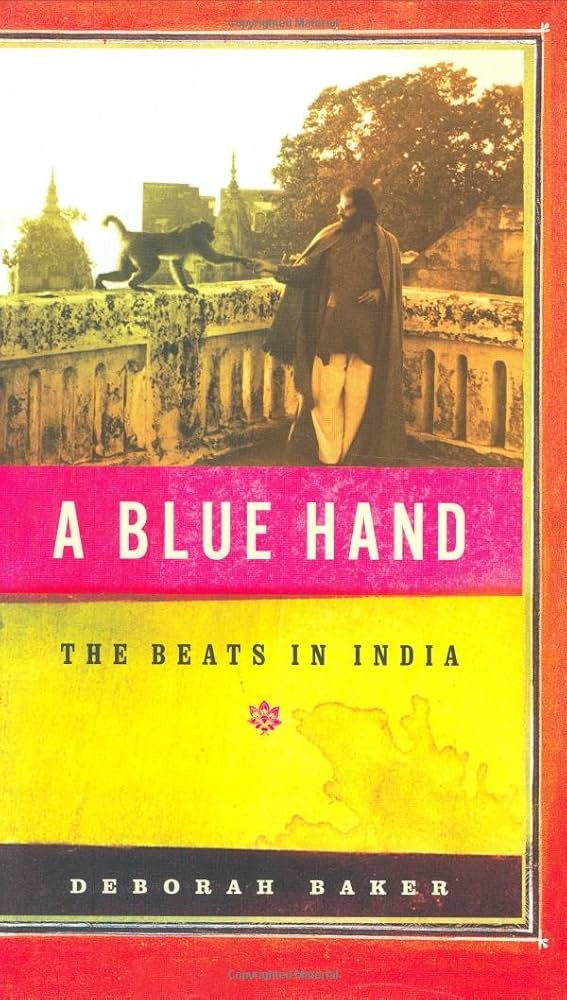















.svg)
























